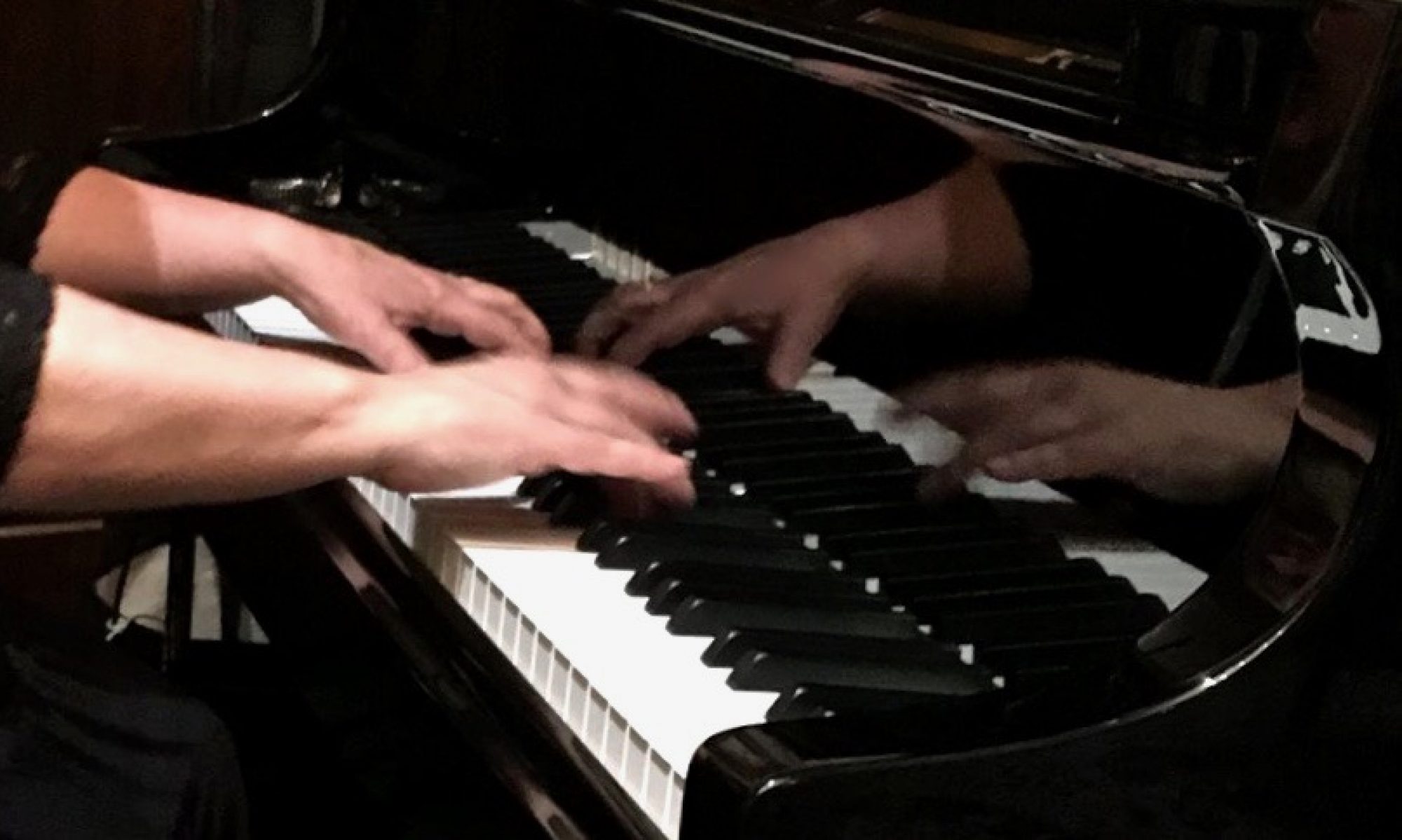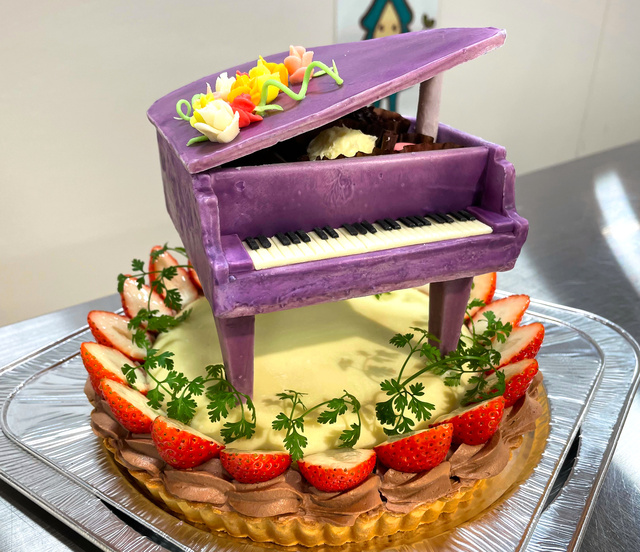K-Pop, Early Classical Music, Contemporary Christian Praise Hymns, Folk Tunes, New Age Piano, Country & Western Music: When it comes to improvisation, what do these genres have in common? Hint: Musicians will often sound “right in the pocket” by creating solos made up of just 7 notes (using only 1 scale) over the entire tune!
For the above genres of music (including certain even eighth note Jazz & Gospel styles), the 7 notes of the major key center scale work well for improvising over the whole piece. It’s an easy concept to keep in mind that may enhance your solos (without having to think of too many confusing options), so you can focus on building nice melodic lines with rhythmic variety. When we build solos upon one scale it’s called playing diatonically – which can sound good, provided the tune’s harmony doesn’t stray far from the home key. Continue reading “12 Key Improvisation Ideas For Piano: Just 1 Scale 7 Notes!”


